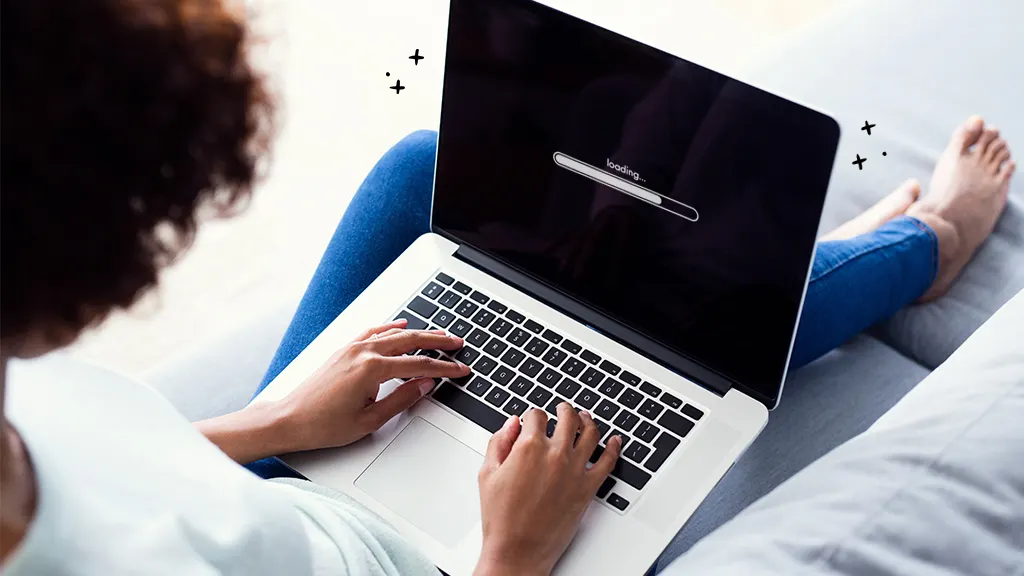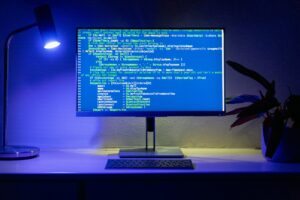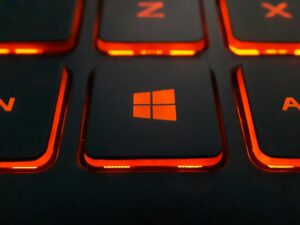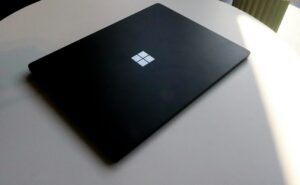Unraveling the Mystery of Slow Performance in Laptops: Causes, Effects, and Solutions

In the fast-paced digital age, where efficiency and productivity reign supreme, encountering slow performance in laptops can be a frustrating ordeal for users. Whether you’re a student trying to meet a deadline, a professional navigating a busy workday, or an enthusiast enjoying leisurely activities, sluggish laptops can hinder your progress and disrupt your workflow. In this comprehensive guide, we’ll delve into the intricacies of slow performance in laptops, exploring its causes, effects, and most importantly, effective solutions to restore your device to its optimal state.
Understanding Slow Performance:
Slow performance in laptops manifests in various ways, including:
- Delayed response times when opening applications or files.
- Lagging or freezing during multitasking or resource-intensive tasks.
- Extended boot-up or shutdown times.
- Overall sluggishness in system operation.
These symptoms not only impede productivity but also detract from the user experience, leading to frustration and dissatisfaction.
Causes of Slow Performance:
Slow performance in laptops can stem from a myriad of factors, including:
- Insufficient RAM: Inadequate memory can lead to bottlenecking, causing the system to struggle when running multiple applications simultaneously.
- Fragmented Hard Drive: Fragmentation occurs when files are stored in non-contiguous clusters on the hard drive, leading to slower read/write speeds and overall performance degradation.
- Excessive Background Processes: Background processes and applications running in the background consume system resources, taxing the CPU and memory and slowing down the system.
- Malware or Viruses: Infections from malware or viruses can compromise system performance by hijacking resources, corrupting files, and causing system instability.
- Outdated Software or Drivers: Using outdated software or drivers can lead to compatibility issues and performance bottlenecks, as newer applications may require more system resources or features not supported by older versions.
- Overheating: Thermal throttling occurs when the laptop’s components, particularly the CPU and GPU, reach excessive temperatures, leading to reduced performance to prevent damage.
Effective Solutions:
To address slow performance in laptops effectively, consider the following solutions:
- Upgrade RAM: Increasing the amount of RAM can alleviate performance bottlenecks and improve multitasking capabilities.
- Defragment Hard Drive: Regularly defragmenting the hard drive can optimize file storage and improve read/write speeds, reducing latency and improving overall performance.
- Close Background Processes: Identify and close unnecessary background processes and applications to free up system resources and improve performance.
- Scan for Malware: Perform regular scans using reputable antivirus software to detect and remove malware or viruses that may be slowing down the system.
- Update Software and Drivers: Keep software and drivers up to date to ensure compatibility and access to performance optimizations and bug fixes.
- Manage Startup Programs: Disable unnecessary startup programs to reduce the load on system resources during boot-up and improve startup times.
- Clean Laptop Vents and Fans: Prevent overheating by regularly cleaning laptop vents and fans to ensure optimal airflow and cooling performance.
- Upgrade Hardware: Consider upgrading hardware components such as the CPU, GPU, or SSD to improve overall system performance and responsiveness.
Conclusion:
In conclusion, slow performance in laptops can be a frustrating obstacle to productivity and efficiency. By understanding the causes and implementing effective solutions, users can optimize their laptops’ performance and enjoy a seamless computing experience. Whether it’s upgrading hardware, optimizing software, or practicing good maintenance habits, taking proactive steps to address slow performance can significantly enhance the overall usability and longevity of your laptop. So, don’t let sluggishness hold you back—take control of your laptop’s performance and unlock its full potential today!







